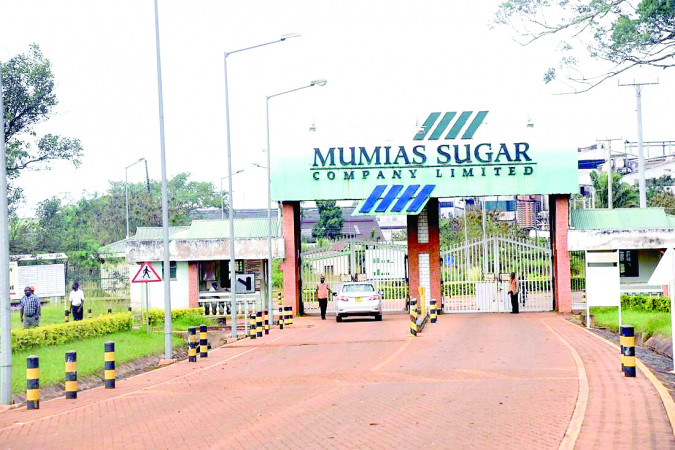World Bank pushes for integration of technology into the economy

The current high tax regime is limiting the uptake of digital solutions by companies seeking to scale up and drive economic growth, the World Bank says in a report.
The report by the global lender which focuses on the factors limiting the growth of the world’s middle-income countries highlights that these countries have better environments for economic activities to thrive but still need to integrate modern technology and practices to further boost growth.
According to the report, the operating environment is not good enough for sustainable growth hence the need to embrace technology in economic processes.
“The returns from capital investment alone decline steadily. Growth in middle-income countries is boosted when economies take on new structures, enabled by a 2i strategy focusing on both investment and infusion. Institutions will need to create an environment conducive to integrating global technologies into the domestic economy,” the report reads in part.
Kenya on the other hand continues to strive to fully tap this approach through the implementation of different strategies such as the digital superhighway which is aimed at laying 100,000 kilometres (62,000 miles) of fibre optic cable that are geared towards setting the foundation for the digital economy, according to the Ministry of Trade, Investment and Industry.
“The digital superhighway will also play a critical role in enabling us to make tremendous achievements in the other four pillars of health, agriculture, MSME, and financing as well as in enhancing revenue collection via the automation of VAT systems,” the ministry said in a statement.
This ambitious plan, targets to boost the growth of the micro, small and medium enterprises (MSMEs), and other players in the private sector which essentially are the largest contributors to the economy but at the same time, the introduction of burdening and unpredictable taxes kills this vision thereby experiencing slow economic growth.
Although, under discussions by the National Assembly Finance and Planning Committee, a proposed Bill by the National Treasury sought to reintroduce the 6 per cent Significant Economic Presence (SEP) tax which according to stakeholders would affect digital businesses.
At the same time, the government had proposed the introduction of 20 per cent excise duty on telephone and data bundles from the previous 15 per cent. This factor tends to discourage the adoption of modern technologies in businesses as operational costs are also too high. This was one of the strategies by the government to raise revenue to fund its projects.
The World bank is also proposing that the government should create an enabling environment to attract foreign investments which can in turn help to effectively market the country’s products on diverse global markets.
“Contestable markets and the institutions that enable them are vital for middle-income countries that aim to become a global supplier and sustain rapid economic growth through sophistication and scale,” the bank says in the report.
“A key part of contestability is openness to foreign investors and global value chains that give domestic firms access to larger markets, technology, and know-how and allows them to add value and grow,” it adds.
Firms, according to the report, can seize the opportunity to infuse technology, increase the sophistication of their operations, and scale up, or they can keep doing business as usual and be eased out.
However, the heavy tax regime in the country and the high cost of doing businesses are pushing investors away while also discouraging the scalability of local businesses.
Notable companies, that have been affected according to a report by a local publication include; Nestle, which shifted to other regions due to substantial tax liabilities and better opportunities in other parts.
Procter & Gamble which scaled down and transitioned to import model and Mobius motors, which halted operations due to high operational costs and low demand, among other companies.
Additionally, the report highlights that tapping to equity markets can be instrumental in supporting innovative activities, especially in private firms, which typically face larger financing gaps than publicly listed firms.
“However, private markets for equity financing lack depth and access in emerging economies. Start-up incubators and accelerators can be particularly helpful, providing mentorship, resources, networking opportunities, and sometimes funding to help start-ups grow and compete.”
Further, for firms to record growth, they will have to adjust to the toil of tough economic times and incorporate the services of market leaders and experts as consultants and advisory firms founded by experts can provide expertise and advice on technology adoption and implementation.
“Market leaders, especially multinationals are often vanguards in technology and technical capabilities and can be some of the best partners for local firms, working together to deploy new technologies,” the report reads.
The government in this regard, despite the need to boost local businesses and raise revenue should consider loosening the grip on tax policies in order to increase the tax base and offer a path for the uptake of digital technologies by businesses as the business methodology continues to change shape.











